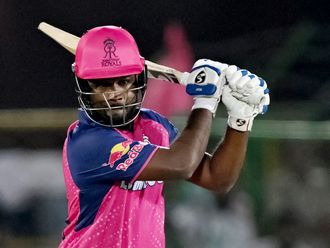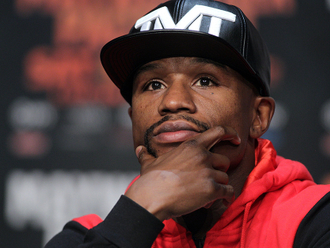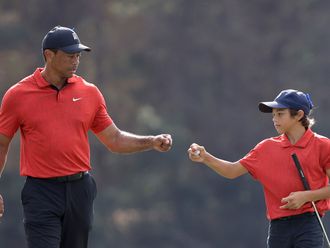New York: National Hockey League owners and locked out players wrapped up three days of talks on Thursday with league commissioner Gary Bettman warning “there is still a lot of work to do” before teams return to the ice.
With the lockout in its 54th day, a new Collective Bargaining Agreement (CBA) remained out of reach as both sides emerged from nearly six hours of talks agreeing on nothing more than a return to the bargaining table on Friday for a fourth successive day.
NHL commissioner Gary Bettman and NHL players association (NHLPA) chief Donald Fehr remained tight-lipped about the progress of negotiations refusing to get into specifics of what has been discussed during nearly 20 hours of talks spread over three days at a secret Manhattan location.
“We’re planning on meeting again tomorrow but I am not going to discuss the negotiations or the substance of what we are talking about, I really don’t think that would be helpful to the process,” Bettman told reporters.
Fehr was also unwilling to shed any light on what was discussed other than that talks involved a wide range of topics.
“There’s really not much I can say today, we had meetings the last couple of days and this afternoon and there have been discussions over a wide range of topics,” said Fehr.
“We’ve recessed for tonight and we will be getting back together tomorrow.
“I’m not going to comment on the substance of the discussions.”
What is clear is that after weeks of exchanging barbs the NHL and NHLPA have finally broken the stalemate and are fully engaged in negotiating a deal.
The NHLPA, according to several media reports, submitted a proposal to the NHL on Wednesday that included two key items; revenue sharing and what has become known as the “make whole” provision that would see the league honour all existing contracts even if the 50-50 split would come into immediate affect with the signing of a new CBA.
The NHL reportedly responded to that offer on Thursday.
How to divide $3.3 billion in hockey related revenue remains at the top of the agenda, with the owners seeking an immediate 50-50 split.
Under the old agreement players had received 57 per cent of hockey related revenue.












